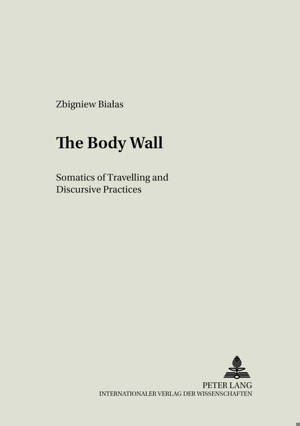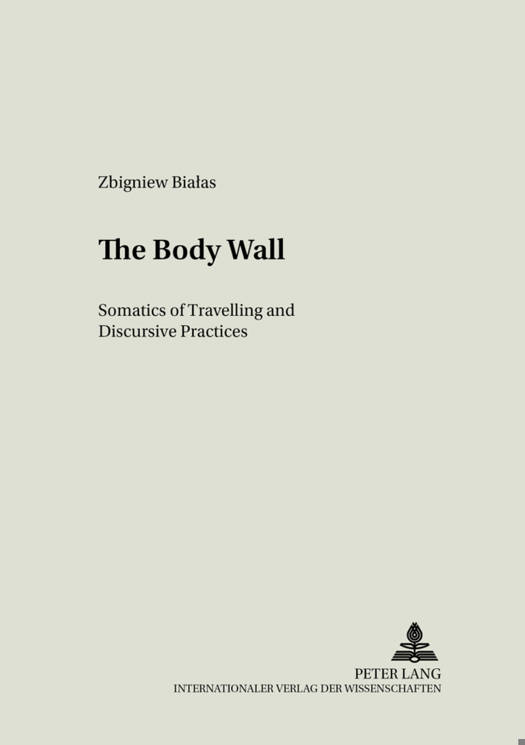
- Afhalen na 1 uur in een winkel met voorraad
- Gratis thuislevering in België vanaf € 30
- Ruim aanbod met 7 miljoen producten
- Afhalen na 1 uur in een winkel met voorraad
- Gratis thuislevering in België vanaf € 30
- Ruim aanbod met 7 miljoen producten
Zoeken
Omschrijving
Contemporary materialism, in its varied configurations, persistently challenges claims that the body can be relegated to a subservient position when compared to reason. In most pertinent colonial and postcolonial studies the body is seen as a text, upon and by means of which signs of difference are instituted. Yet, to be able to test and appreciate to what extent the postcolonial body was and remains today a battleground for discursive control, it is helpful to start with the awareness of the somatics of the traveller himself - his agreement to and with his own person or lack thereof vis-à-vis other bodies, his translation of the somatic into the semantic. The traveller's body, when rendered in writing, becomes a symbolic construct which enters into a relation with the represented world, and the nature of this multifaceted, troubled alliance - if alliance it is - forms the main theme of this book.
Specificaties
Betrokkenen
- Auteur(s):
- Uitgeverij:
Inhoud
- Aantal bladzijden:
- 166
- Taal:
- Engels
- Reeks:
- Reeksnummer:
- nr. 24
Eigenschappen
- Productcode (EAN):
- 9783631545348
- Verschijningsdatum:
- 30/01/2006
- Uitvoering:
- Paperback
- Formaat:
- Trade paperback (VS)
- Afmetingen:
- 148 mm x 210 mm
- Gewicht:
- 204 g

Alleen bij Standaard Boekhandel
+ 136 punten op je klantenkaart van Standaard Boekhandel
Beoordelingen
We publiceren alleen reviews die voldoen aan de voorwaarden voor reviews. Bekijk onze voorwaarden voor reviews.











